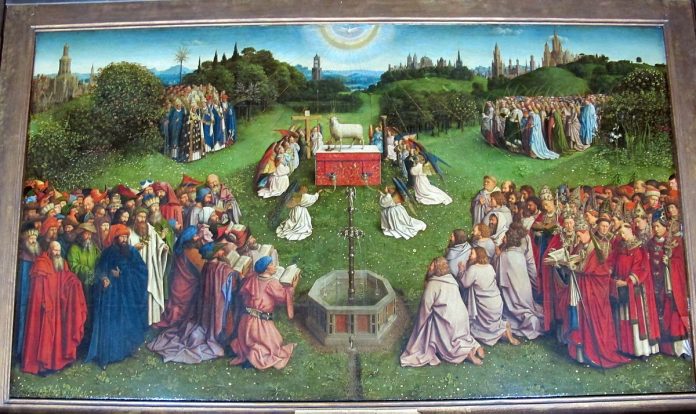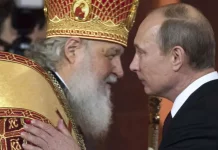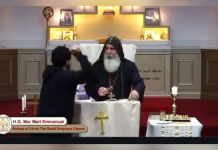Prayer the Church’s banquet, Angels’ age,
God’s breath in man returning to his birth,
The soul in paraphrase, heart in pilgrimage,
The Christian plummet sounding heaven and earth;
***
Therefore with Angels and Archangels, and with all the company of heaven, we laud and magnify thy glorious Name; evermore praising thee, and saying, Holy, holy, holy, Lord God of hosts, Heaven and earth are full of thy glory: Glory be to thee, O Lord Most High. Amen. The Book of Common Prayer
Today we dig into the text, with excerpts from Dennis Lennon, Turning the Diamond, on the first line of George Herbert’s sonnet “Prayer”:
“Prayer the Church’s banquet,” says George Herbert, at which a few of us will mutter, “Not in my experience, it isn’t.” A sense of duty, rather than a sense of feasting, is what drives our prayer. Sure, we have our champagne moments when heaven and earth touch, but for the most part we pray because Jesus says we should…. What more is there to say? Only this: experience reveals the downward spiral of duty. Duty can become mere duty, then grim duty, and even empty duty, as we routinely crank the prayer-mill over and over again.
Mention banqueting and Herbert’s imagination leaps to the angels. Far older than human experience of it, prayer is as old as “Angels’ age.” Our banqueting takes place among glorious beings who have been at the business of prayer since their creation and long before ours. When God “laid the earth’s cornerstone – the morning stars sang together and all the angels shouted for joy” (Job 38:6,7). We pray, and our words enter a cosmos already pulsating with angelic adoration. The sound of their voices rocked the great temple to its foundations and frightened the prophet out of his wits (Isaiah 6:1-4), a symbol of a universe set shuddering on its axis by their worship. With angels Herbert is sketching in the context, the environment within which we pray. “You have come to Mount Zion (now, already), to the heavenly Jerusalem, the city of the living God. You have come (now, already) to thousands upon thousands of angels in joyful assembly” (Hebrews 12:22)…. Not only after we die and move over into eternity but now, already, “you have come” into the angelic festival. Among such an irresistible company of friends prayer can only be a banquet….
“Angels’ age,” or Adam’s age – we are set the same exhilarating challenge for which both angels and humans were created and which justifies the existence of all things: how to adore God adequately; how to keep up with the runaway beauty and love of God…. Only love can rise to this challenge; duty will never do it, it hasn’t the motivation or the imagination. Duty will cause us to do things well, and to pray conscientiously, but only love will do it beautifully, totally. When love is in the ascendancy, prayer escapes from mere dutifulness, techniques and time-slots, like a bird flying its cage. Love confers on our praying the character of a banquet….
It occurred to me only quite recently, in a moment of maudlin reflection, that in my childhood every time my father looked at me he smiled. Even though for some of that time we were dodging bombs in the London Blitz, with half the neighbourhood going up in flames, I recall it in terms of complete security, within my parents’ love and commitment. A sense of banquet-in-the-Blitz!
Prayer will come out of the shadow and into the joy of the feast, when our insecurities and suspicions in relation to God are answered and laid to rest. George Herbert is still with us in this for in his own way he passed through the same crisis. His answer is exquisite in its courtesy, and profoundly satisfying to the clamouring conscience. Prayer will become banquet once we allow ourselves to be entertained at another feast. Not a feast of our making but one prepared, financed, hosted, and serviced by Christ. First, allow yourself to be welcomed and seated by him at his table. Again, love is the Master of Ceremonies, and this love will not take our refusal for an answer:
LOVE (III)
Love bade me welcome, yet my soul drew back,
Guilty of dust and sin.
But quick-eyed Love, observing me grow slack
From my first entrance in,
Drew nearer to me, sweetly questioning
If I lacked anything.
“A guest,” I answer’d, “worthy to be here”;
Love said, “You shall be he.”
“I, the unkind, the ungrateful? ah my dear,
I cannot look on thee.”
Love took my hand and smiling did reply,
“Who made the eyes but I?”
“Truth, Lord, but I have marred them; let my shame
Go where it doth deserve.”
“And know you not,” says Love, “who bore the blame?”
“My dear, then I will serve.”
“You must sit down,” says Love, “and taste my meat.”
So I did sit and eat.
Herbert’s dialogue between his soul and Love (Jesus) is his most famous poem and quite likely the greatest religious lyric ever written.










